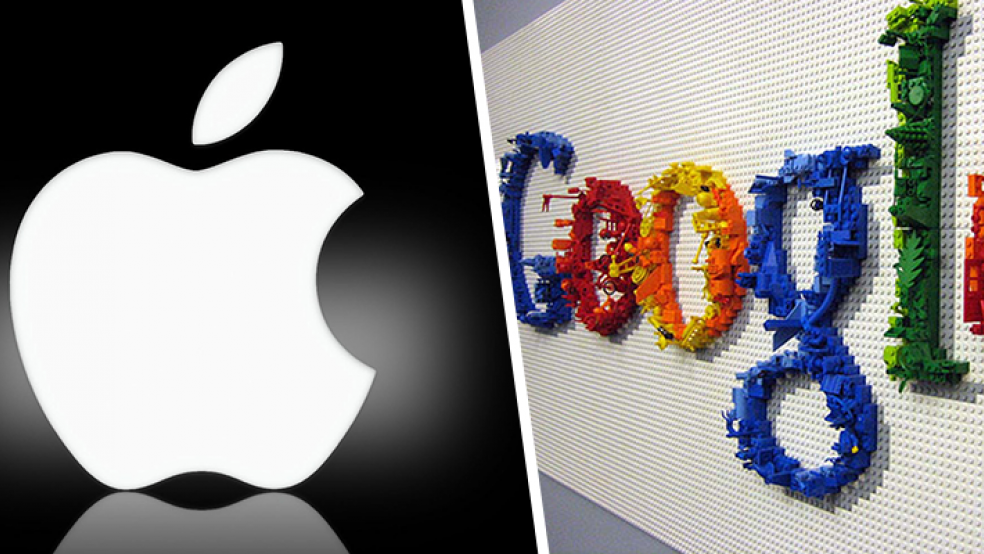Can California’s laid-back reputation be a good thing for the American workplace? A new report from LinkedIn on the most sought-after employers nationwide, based on interactions with more than 300 million members, offers tantalizing evidence.
Topping the company’s list of the most sought-after employers are the usual suspects: Google, Apple, Amazon, and Facebook. Many of the leading companies, not surprisingly, are headquartered on land that stretches from San Francisco to Silicon Valley.
Related: 5 Hot Jobs That Could Be Right for You
The winners were calculated by looking at more than 10 billion data points between LinkedIn members and companies to come up with a familiarity and engagement score for each firm. The common things LinkedIn users do online—view employee profiles, follow companies, click on company pages—were a key part of their analysis.
While flip flops, ping pong tables, and fully stocked refrigerators don’t exactly fly on Wall Street or in Washington, most companies are looking to the tech empires on the West Coast for what they’re doing right.
The Huffington Post has taken note. President and editor-in-chief, Arianna Huffington, has been a big proponent of well-being in the workplace, which often translates into stress-relieving perks. The company’s Washington, D.C. bureau is home to a yoga room and a nap room.
Related: The One Quick Way to Boost Worker Productivity
The idea, of course, is not so that employees will waste time and have fun while collecting a paycheck. Key benefits often make people work harder, longer, and become more engaged with their jobs. “Fatigue is the enemy of creativity and memory,” Huffington wrote in the Harvard Business Review.
Making sure employees don’t burn out isn’t just good for them, it’s also good for profits. The America Insomnia Survey found that lack of sleep is associated with substantial workplace costs. They estimate it costs American businesses $63 billion a year in lost productivity.
Research conducted by Gallup also shows that firms with engaged workforces have higher earnings per share, and seem to have recovered at a faster rate after the economy started to rebound in 2009—a goal shared by every publicly-traded company.
For better collaboration among workers, more workspaces are moving beyond the off-white padded walls that imprison employees in their cubicles. Take WeWork in the heart of Washington, D.C. It’s a Wonder Bread factory-turned-dynamic workspace for startups, entrepreneurs and small businesses.
Related: Mark Cuban on How Obamacare Could Help Startups
The office of Vocus, a marketing software company in Beltsville, Maryland, resembles a Chuck E. Cheese for grownups: It’s equipped with a full arcade and a big black leather couch you could get lost in for days while watching ESPN. It’s a man-cave, of sorts.
As these companies are proving, the exchange of ideas, human interaction, and yes, a little bit of fun here and there has a significant impact on people’s well-being, creativity and productivity. Traditional companies may not speak the language of ‘mental health breaks,’ massages or air hockey tables in the office – but they do speak the language of growing their money. Many tech giants featured in LinkedIn’s report are proving that they can go hand-in-hand.
Top Reads from The Fiscal Times:





